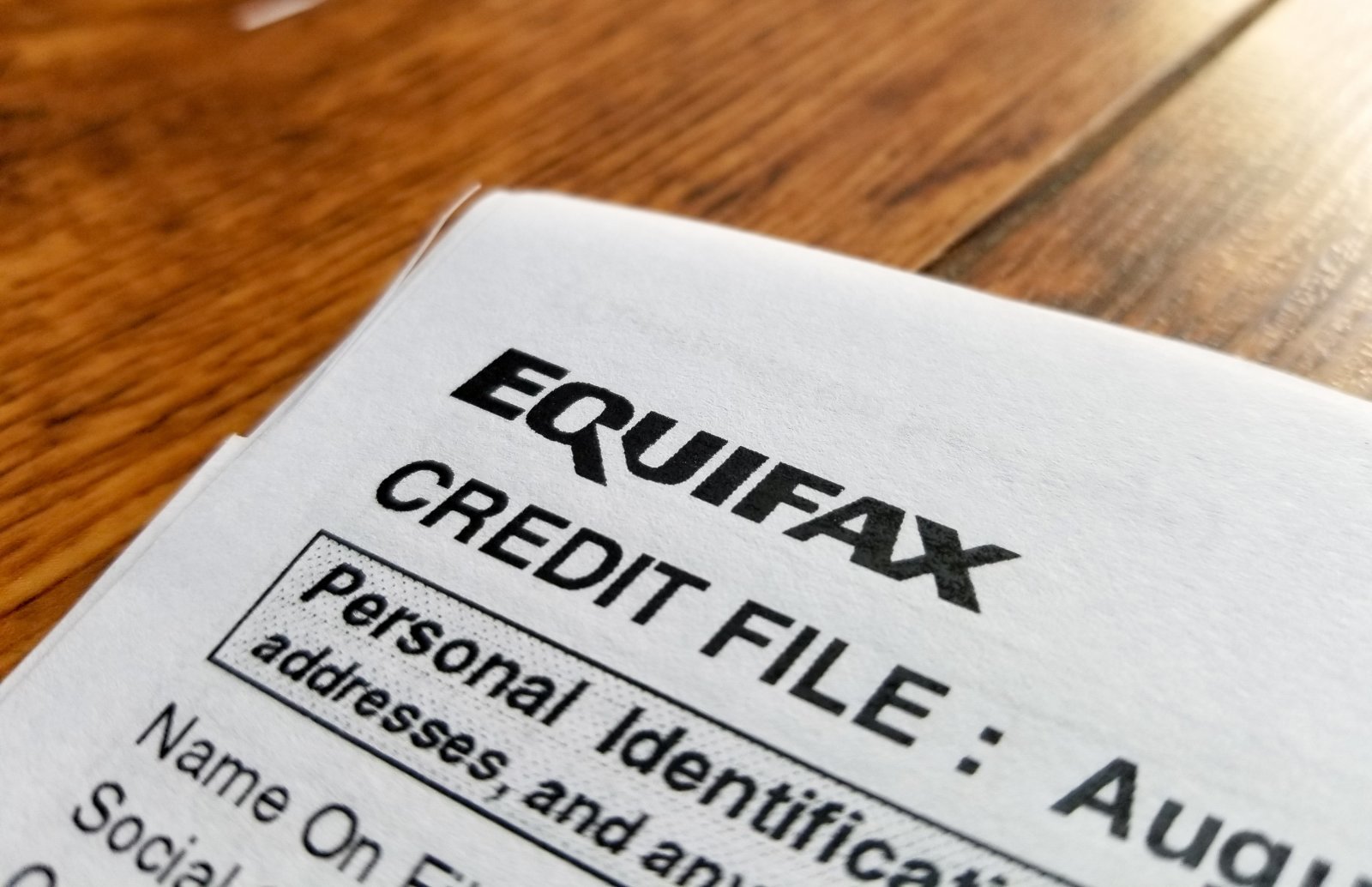Every day, Canadians purchase goods and services using credit. The decision to extend credit to you, the buyer, is made by the seller – commonly referred to as the “credit grantor.” Most often, this decision involves reviewing your personal credit file, which is obtained from a credit reporting agency, such as Equifax. The agency is a clearinghouse for credit information. Credit grantors provide the agency with factual information about your credit history.
The reporting agency then assembles this information into your personal file, in return, credit grantors can access your files before granting credit to you and/or to identify you for security purposes. Only you and credit grantors can alter your personal file.
How long is information kept on my credit files?
- Inquiries made by credit grantors and others who may extend a benefit to you are retained for a minimum of three years.
- Credit history and banking information is retained for six years from the last activity date.
- Bankruptcies are retained for six years from the date of discharge. (for first bankruptcy)
- Judgments, foreclosures, garnishments are retained for six years from the date filed.
- Credit counseling, consumer proposals to creditors, Orderly Payment of Debt (OPD), Voluntary Deposit information is retained for three years from the date settled.
- Collections are retained for six years from the date of last activity.
- Secured loan are retained for six years from the date filed.
What is an inquiry?
Account inquiries are carried out by credit grantors when you apply for credit. Account inquires are also done routinely by organizations, based on their client lists. If you’ve dealt with certain organizations, your name would likely be on their client list. At times, they may monitor client accounts, or update their client information prior to making a promotional offering. The second type of inquiry is confidential and is not shown to other organizations that may offer you credit.
Why was I denied credit?
Equifax neither grants nor denies any application for credit. We simply provide a factual account of your credit history to credit grantors. Each credit granting organization reviews this information and makes an independent decision based on its own individual criteria. If an account/business transaction is joining, or you have co-signed, both parties are held equally responsible.
Why is something I have paid off still in my credit file?
The fact that you have paid an account on time, or did not pay as agreed, is of interest to any potential credit grantor because it reflects your ability to pay your bills. A credit file shows past and present transactions.
What can be done if I suspect I am a victim of identity fraud?
If you have lost or had your personal identification stolen, or an institution has contacted your regarding suspected fraud activity, please call Equifax toll free at 1-800-465-7166 or 514-493-2314 and press option 3. A statement will be added to your file to alert credit grantors that you may be a victim of fraud activity.
Credit clinics: Should I use these companies who indicate they can help fix my credit?
This is your choice. Remember, however, that these companies cannot have accurate information removed from your credit file. If there is inaccurate information on your file, Equifax will amend it, at no charge to you.




